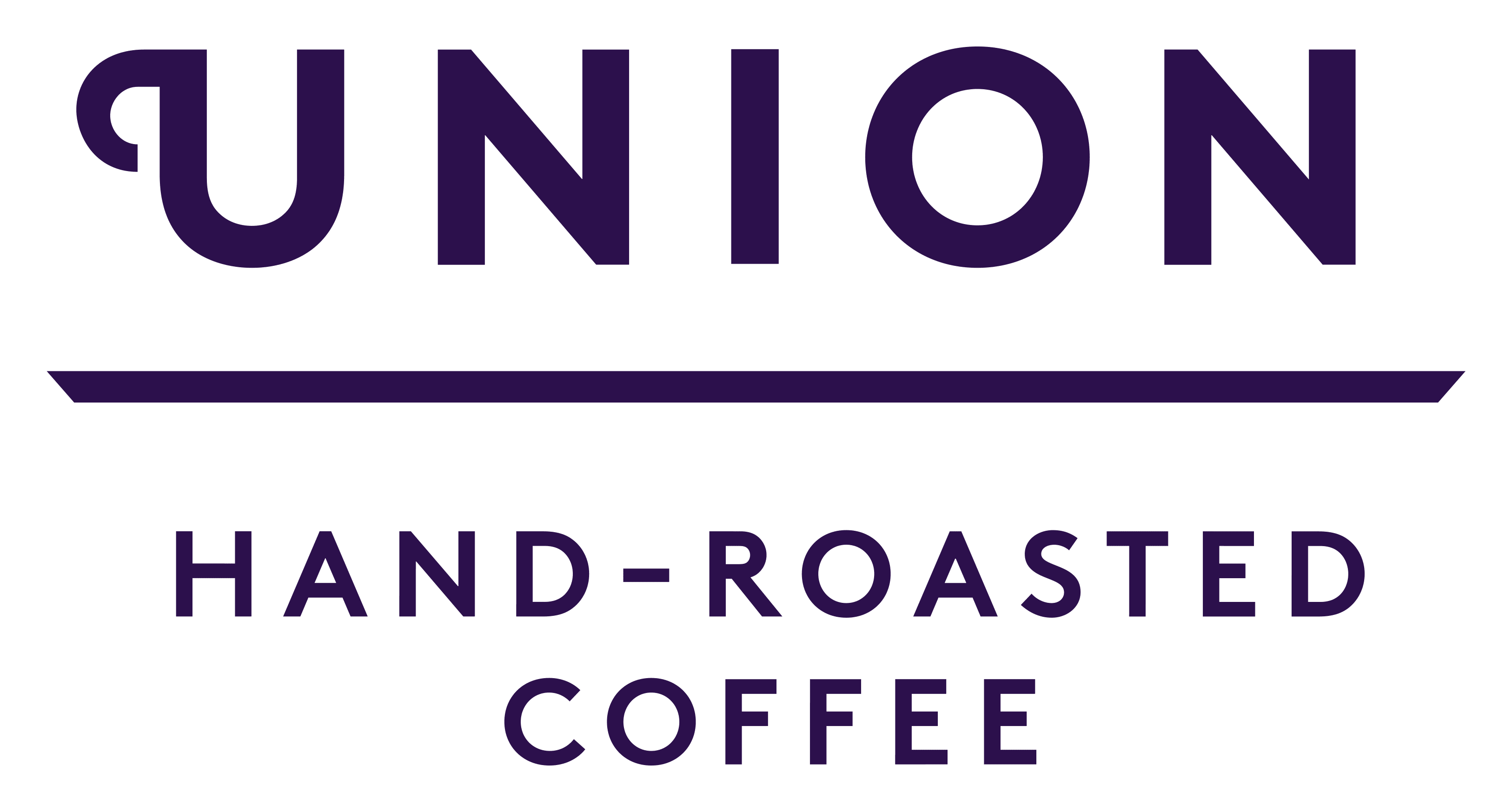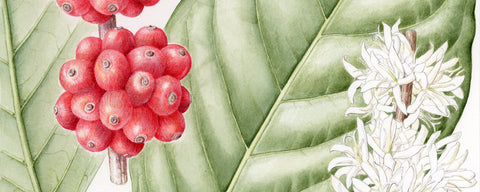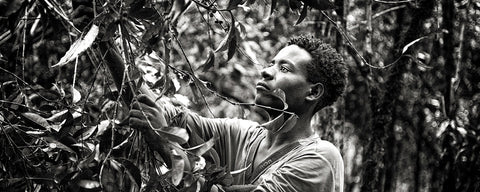First Published - August 7, 2015 (By Pascale – Coffee Lover, Traveller and Mother)
I had the pleasure of meeting Rosemary Trent, director of Pueblo a Pueblo at the Specialty Coffee Conference of America (SCAA) back in 2014. She is one of those amazing women in coffee; kind, bright and dedicated to making a positive change to the lives of farmers. That’s why it’s so exciting to be working with her on a new project we’re supporting in Guatemala.
It’s all about bees. Yes, those buzzing “pests” we once took for granted. We’ve all now finally realised that unless we preserve them and other pollinators, food production can’t keep up with worldwide food demand. We can only hope that realisation is not too late.
Many countries in the world have documented a great decline in bee populations and the corresponding impact on agriculture that has had. Our new project hopes to help counteract that trend and also improve the lives of coffee farmers by providing them with a new source of income.
Rosemary told me about Pueblo a Pueblo’s bee project in Atitlan, Guatemala, which I visited in February 2015 (most of the photos in this post come from that trip). It was inspiring to see this small group of indigenous coffee farmers producing honey, and selling it to the local market. Pueblo a Pueblo offers support and training in apiculture – how to maintain a bee colony – and extract honey. Crucially, they provide guidance on how to market and sell the honey, work in a group and run a small business together. These transferable skills are really valuable to farmers.
Apiculture has traditionally been viewed as “men’s work” but Pueblo a Pueblo mainly work with women farmers (and the wives of farmers). Seeing Felipa Ajcalón Sajquiy, a female coffee farmer from the Pampojilá community in Guatemala, lead her apiculture group’s meeting, made me once more realise that it’s changes like this, empowering women, that enable long-term positive changes in the lives of individuals and the communities they live in.
Pueblo a Pueblo has focused their bee project on Guatemala for the time being. Conveniently though one of our largest coffee producer groups is located in Huehuetenango, Guatemala: Cooperativa Esquipulas R.L. lies at the end of a 6-7 hour drive from the capital; through the mountains, passing by small villages. I spent more than half a year with a number of communities this cooperative serves in 2010 to 2011. I quickly realised the producers have very little land and as a result the amount of coffee they produce and sell is limited. These households must have other activities to supplement their income from coffee. Apiaries require a fairly small amount of land compared to many other farming practices so can sit in areas where they don’t take up valuable coffee growing space.
Diversification is important for the farmers too, especially since coffee farms in this area have been hit with coffee disease issues during past seasons, so other complementary income sources become even more important. Having a secondary income lowers the risk and impact of unforeseen events.
From the very start, Union was keen to create a relationship with Pueblo a Pueblo and Esquipulas seemed like an obvious pilot partner. So we’ve developed a plan.
It’s an ambitious one. But we’re starting small, allowing us to learn and adapt. We’ve chosen a group of around ten female coffee producers and we’re training them in beekeeping and honey extraction, along with their other farm duties. All coffee farmers are busy but they see the time spent on the training and bee-keeping itself as a good investment. Most of their honey will be sold to the local market to generate extra income. Besides being delicious, honey is chock-full of vitamins, minerals, pollen and protein and contributes to a healthy and diverse diet for these coffee farming households. We hope this means it’s a relatively low risk investment for them; we provide the equipment and they provide their time. Who knows we may even be able to offer you a Guatemalan honey one day?
Coffee and bees are natural bedfellows, in just the sort of mutually beneficial, direct relationship that Union likes. Although they only appear for three days a year, coffee flowers are a source of sugary, high-quality nectar for bees, and the bees improve coffee plant health and berry quality year-round through cross-pollination. Increased yield means more coffee to sell and more income for the family.
We’re very excited about this project, it’s the perfect match between environmental, social and economic development in our minds. Beekeeping contributes to biodiversity and environmental protection all whilst increasing coffee farmer income. It’s a win win.
It’s early days at the moment but watch this space for more news (and honey) soon…
Pueblo a Pueblo is an NGO that provides programs in health, education, and food security in rural communities in Latin America, especially Mayan communities in Guatemala. In 2013, Pueblo a Pueblo was awarded the Specialty Coffee Association of America‘s Sustainability Award for its Organic School Garden Project, which introduces primary school children to the basics of nutrition and sustainable agriculture.
They would also really appreciate your help before you leave these post. Please visit this link
and help win more funding for their programs.









